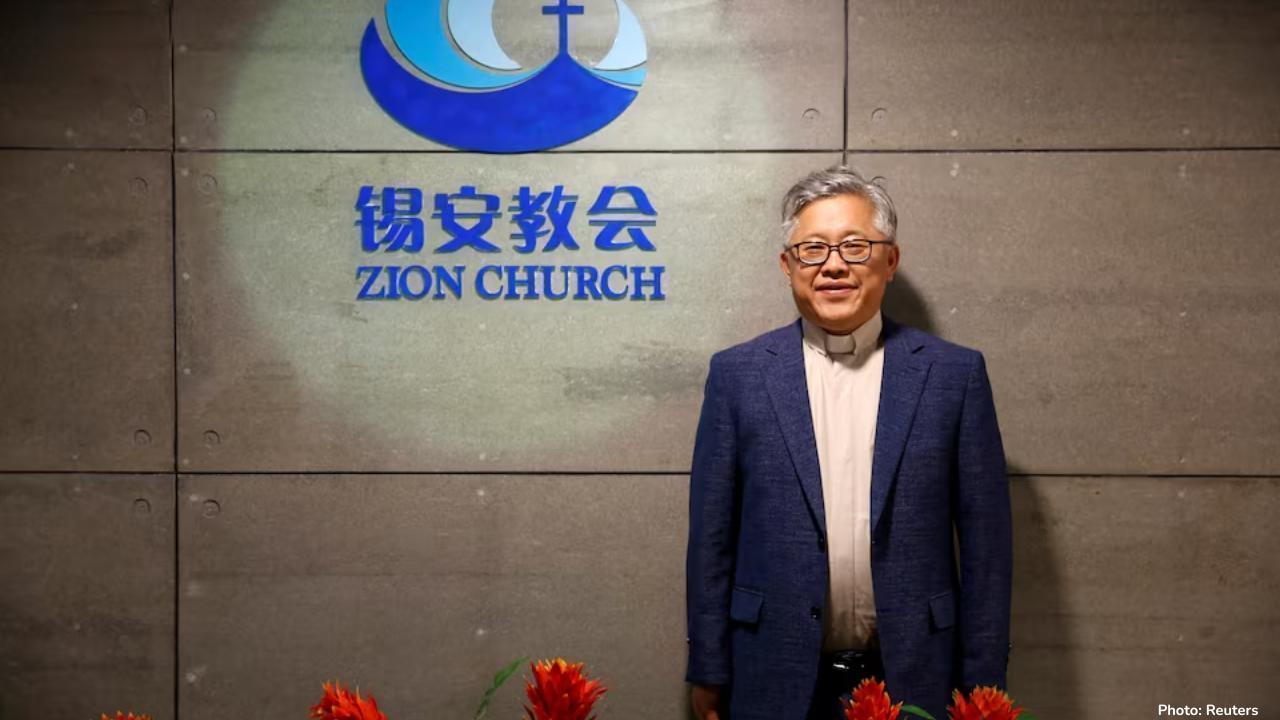
Post by : Monika
In October 2025, Chinese authorities carried out a large-scale crackdown on underground Christian churches, detaining dozens of pastors and church members from one of the country’s largest unregistered churches, known as Zion Church. This event is widely regarded as the most severe action against Christian groups in China since 2018, highlighting the growing tension between religious communities and the Chinese government’s strict regulations on faith.
Zion Church and Its Importance
Zion Church was founded in 2007 by Pastor Jin Mingri in Beijing. It is an underground or “house church,” meaning it operates independently of the state-controlled religious organizations. Over the years, Zion Church has grown substantially, attracting thousands of worshippers. During the COVID-19 pandemic, the church expanded its reach further through online sermons and smaller in-person gatherings. Today, it has an estimated 5,000 active members spread across nearly 50 cities in China.
The church is known for its focus on Bible teachings, community support, and social activities. Many members see it as a spiritual home where they can freely practice their faith. However, because it operates outside government control, it has been under increasing scrutiny from Chinese authorities.
The Detentions
On a Friday evening in early October, Pastor Jin Mingri was detained at his home in Beihai, a southern Chinese city. Authorities cited his involvement in the “illegal use of information networks,” a charge that carries a potential prison sentence of up to seven years. His detention marks the beginning of a larger crackdown on church leaders and members associated with Zion Church.
In addition to Pastor Jin, nearly 30 other pastors and prominent church members were detained in multiple cities across China. As of the latest updates, around 20 of these individuals remain in custody. Lawyers attempting to represent them have reportedly been denied access, raising concerns about due process and the legal rights of detainees.
The Chinese government has stated that its actions are intended to enforce existing laws regulating religious activities. However, critics argue that this is part of a broader effort to suppress religious freedoms, especially for faith groups that operate outside government-sanctioned structures.
Government Policies and Religious Control
The crackdown on Zion Church comes against the backdrop of increasingly strict regulations on religious practice in China. In recent years, the government has introduced new rules to control online religious content, including sermons, teaching materials, and church broadcasts. The government has also tightened control over foreign religious influence, warning that outside ideas could disrupt social stability and undermine Communist Party authority.
President Xi Jinping has repeatedly emphasized the need for the “Sinicization” of religion in China. This term refers to aligning religious practices with Chinese culture, values, and the principles of the Communist Party. Under this approach, all religious groups are expected to promote patriotism and comply with state policies. House churches like Zion Church, which operate independently and focus on spiritual rather than political matters, are viewed as challenging this agenda.
The authorities’ crackdown includes not only detentions but also surveillance, fines, and closures of places of worship. The government also uses technology to monitor religious groups, including tracking online sermons, communications, and donations. These measures are justified by the authorities as necessary to maintain social order and prevent illegal activities.
International Reaction
The detentions of Zion Church pastors have drawn significant international attention. Human rights organizations and foreign governments have criticized China for its treatment of religious minorities. The U.S. Secretary of State, Marco Rubio, called for the immediate release of all detained pastors and highlighted the situation as a human rights concern.
Several non-governmental organizations (NGOs) have also expressed alarm over the crackdown. They argue that religious freedom is a fundamental human right, and that punishing individuals for peacefully practicing their faith violates international norms. Observers worry that the crackdown could discourage citizens from participating in religious activities, pushing more churches further underground and making it even harder to monitor the well-being of congregations.
Impact on the Church Community
The detention of leaders and pastors has caused significant distress among Zion Church members. Congregants are concerned about the safety of their leaders and the future of their church. Many members have expressed sadness and fear on social media platforms, noting that the government’s actions could disrupt their spiritual lives and community activities.
Despite the challenges, some members are determined to continue practicing their faith. Smaller gatherings, online services, and private Bible study groups are likely to continue as members find ways to support each other while avoiding government detection. The resilience of the community highlights the importance of faith and religious identity in the lives of many Chinese citizens, even under restrictive conditions.
Historical Context of Religious Crackdowns in China
China has a long history of regulating religion. The Communist Party has traditionally viewed religious groups as potential sources of dissent or outside influence. Since the 1980s, the government has promoted officially sanctioned religious organizations, such as the Three-Self Patriotic Movement for Protestants and the Chinese Patriotic Catholic Association for Catholics. Unregistered or “house” churches, however, have faced ongoing restrictions, including raids, fines, and imprisonment of leaders.
The current crackdown on Zion Church represents a continuation of these policies but on a larger scale. Analysts believe that the government is particularly concerned about the growth of underground churches, which it views as operating beyond state supervision and potentially challenging party authority.
Concerns About Legal Process and Human Rights
Legal experts and international observers have raised concerns about the lack of transparency in the detentions. Denying lawyers access to the pastors undermines legal protections and raises questions about fair trial standards. Critics also worry about potential long-term imprisonment and harsh treatment of detainees.
Human rights organizations have emphasized that freedom of religion is protected under international law, and that arbitrary detention or punishment for peaceful religious activities violates these standards. They continue to call on the Chinese government to respect these rights and allow citizens to practice their faith freely.
Looking Forward
The crackdown on Zion Church is likely to have lasting effects on religious life in China. Many house churches may move further underground, making it harder for authorities and international organizations to track developments. Congregants may become more cautious in expressing their faith publicly, and pastors may face increased pressure to comply with government regulations.
At the same time, the situation has drawn global attention to religious freedoms in China. International advocacy and diplomatic pressure could influence how the government approaches future religious policies. The resilience of underground churches like Zion demonstrates that faith communities continue to play a vital role in Chinese society, even under challenging circumstances.
The detention of dozens of pastors from Zion Church marks a significant moment in China’s religious landscape. It reflects the government’s ongoing efforts to control and regulate religion while raising serious questions about human rights and legal protections.
As the situation develops, both domestic and international observers are closely monitoring the impact on religious communities and the broader implications for freedom of belief in China.
This crackdown illustrates the tension between government authority and personal freedoms. While the Chinese government argues that its measures are necessary to maintain social order and national security, the international community and human rights groups see the detentions as a violation of basic rights. The unfolding events at Zion Church will continue to serve as a critical test of China’s approach to religious freedom and the resilience of faith communities within the country.
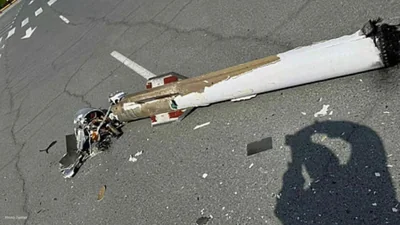
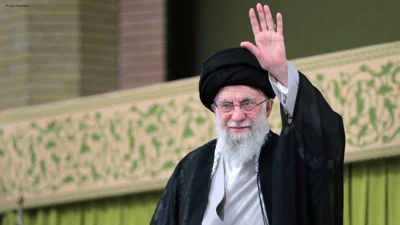

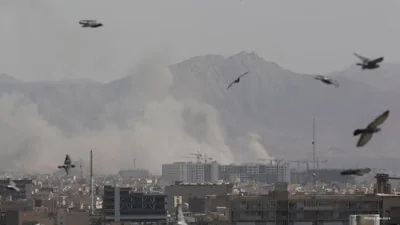
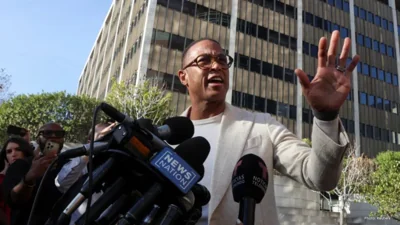
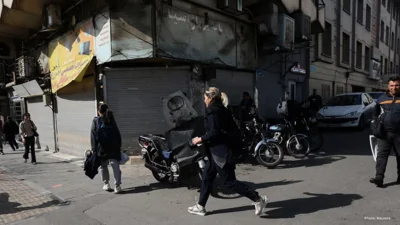
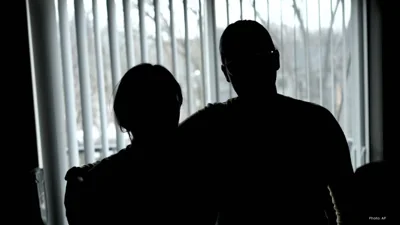

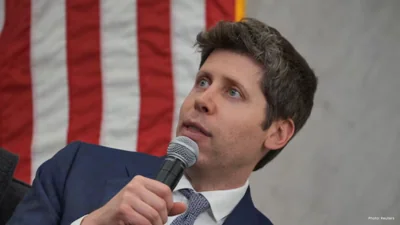

Mattel Revives Masters of the Universe Action Figures Ahead of Film Launch
Mattel is reintroducing Masters of the Universe figures in line with its upcoming film, tapping into

China Executes 11 Members of Criminal Clan Linked to Myanmar Scam
China has executed 11 criminals associated with the Ming family, known for major scams and human tra

US Issues Alarm to Iran as Military Forces Deploy in Gulf Region
With a significant military presence in the Gulf, Trump urges Iran to negotiate a nuclear deal or fa

Copper Prices Reach Unprecedented Highs Amid Geopolitical Turmoil
Copper prices soar to all-time highs as geopolitical tensions and a weakening dollar boost investor

New Zealand Secures First Win Against India, Triumph by 50 Runs
New Zealand won the 4th T20I against India by 50 runs in Vizag. Despite Dube's impressive 65, India